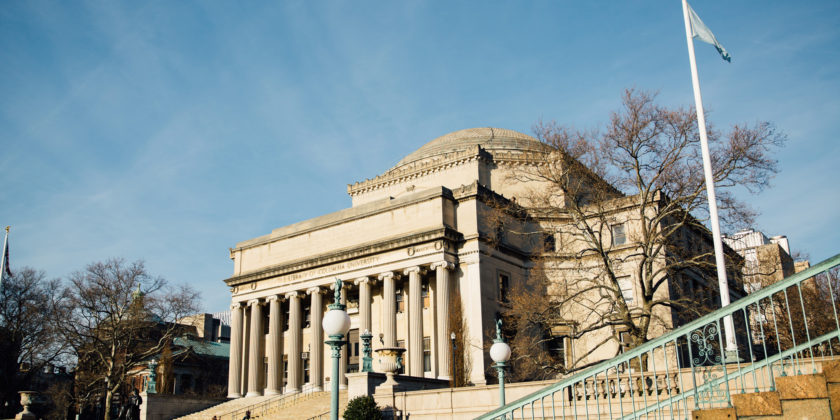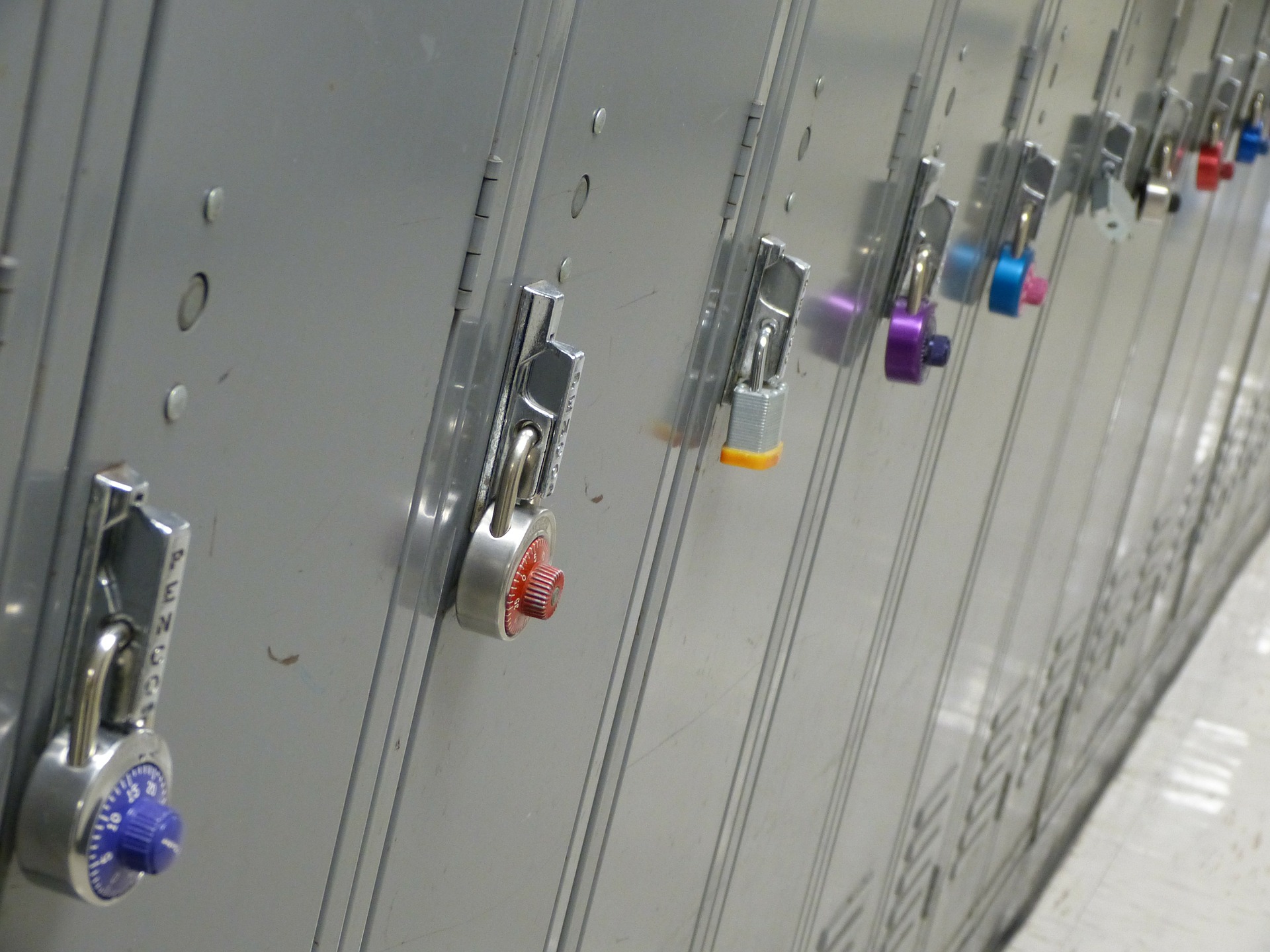Brendan Barnard wrote a three-part series where he asked admission leaders to focus on what they wanted students and families to know about applying to college next year. The common theme in their responses was, “WE GET IT!” They know that there has been major disruption and that everyone is learning virtually. They know that sports competitions, musical productions, and internships have been canceled. They are aware that many students will not take standardized tests and that grading policies in high schools are in flux.
A few important insights/quotes for students and parents to take note of:
On transcripts/grading…
Jim Bock, vice president and dean of admissions at Swarthmore College agrees, saying, “there will be a big asterisk on spring 2020 transcripts for all students and colleges and universities are aware and understanding of that fact.” He adds, “we will work with college counselors to understand and accept the choices individual schools and districts make during these challenging times.”
On activities/summer…
Often, students and parents mistakenly believe that they need to build a long list of activities and involvement in the name of admission to college. “More, more, more” is their mantra as they try to do—and be—everything to stand out in the application process. In some communities, daily schedules for high school students become unsustainable, as families rush from one commitment to another—usually leading to sleep-deprived, burnt-out young people (and parents). In other communities, students are working long hours at a job or caring for a younger sibling, and therefore worry that their college application will lack what they perceive as “traditional” extracurricular involvement. This resume building approach to admission is flawed and the current crisis has forced us all to slow down and look critically at what we do. Juan Espinoza, associate vice provost and director of admissions at Virginia Tech, says, “We recognize that organized extracurricular activities will be impossible, but we are impressed, by how students are finding ways to give back to their communities.”
Jim Bock, vice president and dean of admissions at Swarthmore College tells students, “many of you may have a little more time on your hands these days. Rest. Read. Reassess. Ask yourself, ‘Why do I pursue this activity or that program?’” He adds, “many students believe we count activities and that more is better. What we seek is commitment to a few activities, though there is no formula for a successful application.” He advises, “pursue what you want, and find the college that matches, and you will be much more satisfied in the end. You may also have less choice as you care for siblings and families, and there may not be the ability to work. We value all commitments.” Bock encourages students to “think about what has motivated you to do what you do? Would you do it all the same? Why are you doing it? When things return to the new normal (whenever that happens) how do you envision engaging with and impacting your family, your faith community, your school, or your larger community?” He says, “regardless, take care of yourself first and take it slow. There is time for reflection.”
Some students had grand plans for the summer. Maybe they had been looking forward to being a camp counselor or participating in an internship. Perhaps they were eager to volunteer or work a steady job. Research, travel, spending time with a relative—many summer experiences have been, or likely will be, closed down by the pandemic. Applicants fear that dashed plans will ruin their college dreams. Heath Einstein, dean of admission at Texas Christian University suggests looking at it in a different way. He says, “summer presents an opportunity to be productive even if in different ways. For example, a student might not be able to secure a coveted internship, but they could still plant a garden in their yard or design a smartphone app or read books by authors from marginalized communities.”
Mary Wagner, assistant vice president for enrollment management at the University of South Carolina explains that “thirst for learning and knowledge is always valuable and appreciated by the admissions committee.” She tells students that given that they are operating in a non-traditional classroom this spring, “consider other opportunities to pursue learning beyond the classroom over the summer,” adding, “you’re probably already doing something that could be considered an internship or research project of sorts. Perhaps you’ve taken on new responsibilities in your home or family. Is there a new skill that you are trying to learn online? Are you working toward a finished project or artifact that can show off what you’ve learned? These can be applied, creative, or reflective in nature. We find that students are pretty imaginative on this front and are self-taught in many areas.”
Swarthmore’s Bock also points out that, “self-care is critical, and if you are unable to care for yourself, it will be difficult to care for others.” He encourages students to give themselves permission to prioritize their own health in the same way one might put their own oxygen mask on first during an emergency in flight. He says, “finding a way to give back to your team, club, faith community, family will come with time. Taking care of yourself in this crisis is a way to help others. It will take time, but there will be ways for you to share and care for others beyond your computer screen and devices.”
On essays…
Temple’s Abbott, says, “I would advise to resist against writing about something that has consumed all of us around the world. Know in advance that colleges will fully recognize the impact of what COVID-19 had on your high school experience. Don’t let this one public health crisis (as dramatic as it was!) define you.”
Source (three linked here).
*Stay in the know! Subscribe*






